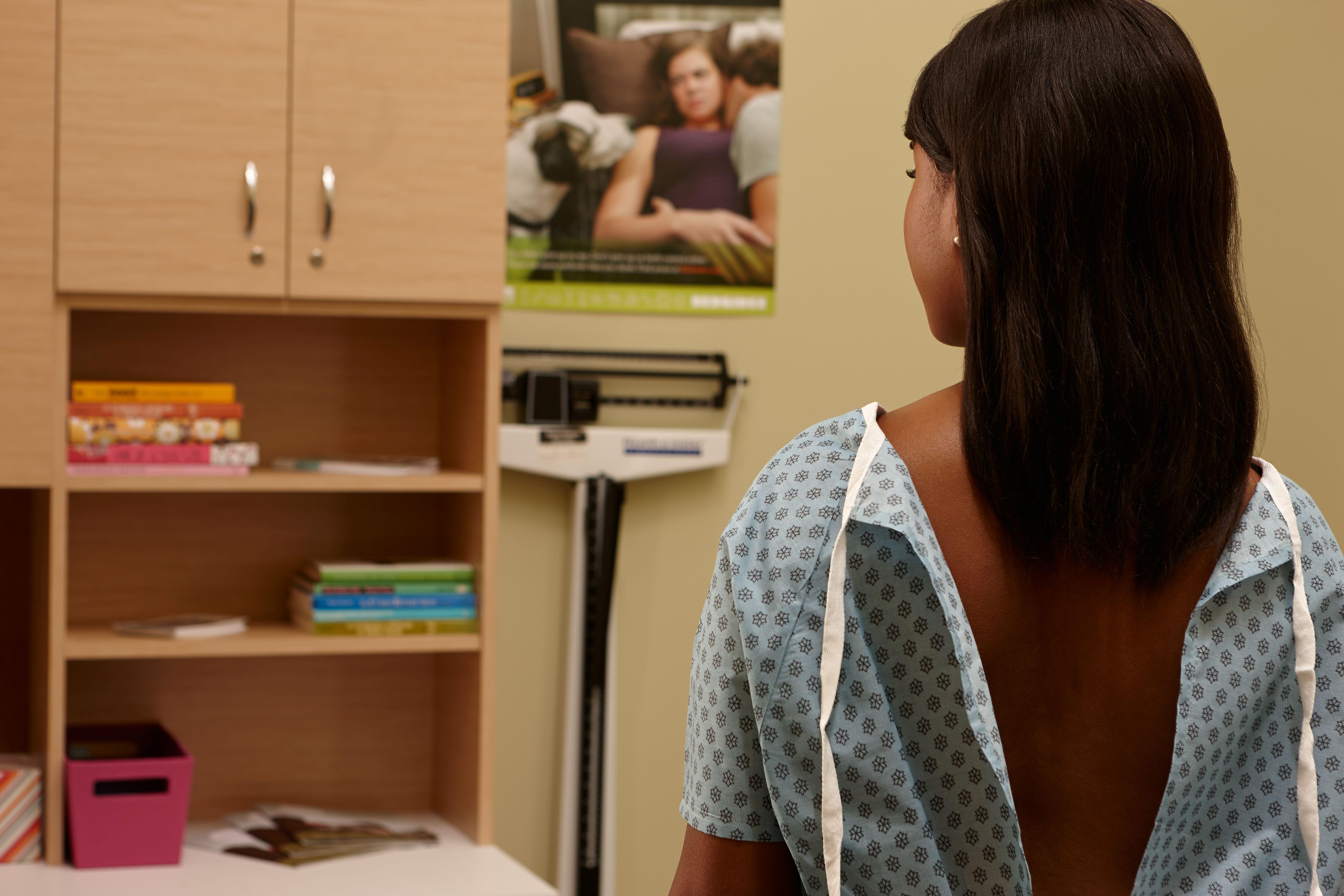Getting pregnant: Yes you can!

Just because you haven't gotten pregnant yet does not mean you don't need birth control.
As a doctor, one of the things that most surprises me is the number of women who don’t use birth control because they think they can’t get pregnant. Research has shown that about 30% of teens and 19% of women age 18-29 believe that pregnancy can’t or won’t happen to them. But nothing could be further from the truth. This is why using a method of birth control (which you can get for free or at a low-cost at your nearest The Right Time health center) is so important.
What are the chances that I’m infertile?
For healthy women under age 30, the chances of being infertile are extremely slim. In the U.S., fewer than 1 in 100 women under age 30 get medical treatment because they’ve had trouble getting pregnant. Some women may think they are infertile because they’ve had unprotected sex and not gotten pregnant, but the bottom line is that this is usually due to luck, not infertility. For couples under age 30 who have sex once a week and don’t use birth control, over 95% will be pregnant within a year.
It’s not all Wheel of Fortune…
For couples trying to get pregnant, all this uncertainty can be maddening. For couples trying not to get pregnant, getting lucky and not getting pregnant a few times can lead to a false sense of security. But rest assured, young and healthy couples having sex without contraception are extremely likely to get pregnant sooner or later. For couples who aren’t looking for that result, the good news is that you can choose from some highly effective methods of birth control.
But what about people who really are infertile?
What about that less than 1%? If a woman’s periods are irregular, or she’s not having them at all, it’s important to talk with a health care provider. A common cause of infertility are infections that cause scarring in the tubes that connect the ovary and uterus (oviduct or fallopian tube). The sexually transmitted infection Chlamydia can cause infections without symptoms—another good reason to get yourself tested and use condoms! Other medical problems like thyroid disease can affect a woman’s overall health, including menstruation and pregnancy. Gaining or losing a lot of weight can also make cycles change. Usually a detailed medical history and some blood tests can help your provider determine what’s going on.
In sum, assume you can get pregnant (unless a medical professional says otherwise).
If the thought of pregnancy doesn’t float your boat, why leave it to chance? It can take some effort to find a method of birth control that fits your lifestyle and budget, but the search will definitely pay off. Taking charge and preventing a pregnancy with birth control: yes you can!
Updated March 2020
Related Content


Provider Perspective
The Common Cold of the Sexually Active World: HPVLet’s talk HPV—causes, treatments, and prevention.

Provider Perspective
Skip the Pelvic, Please!What to expect when it’s time to visit your lady doctor. (It may just be a conversation.)

Provider Perspective
Does Being Overweight Affect Your Birth Control?When it comes to birth control and weight, not all methods are created equal...



















